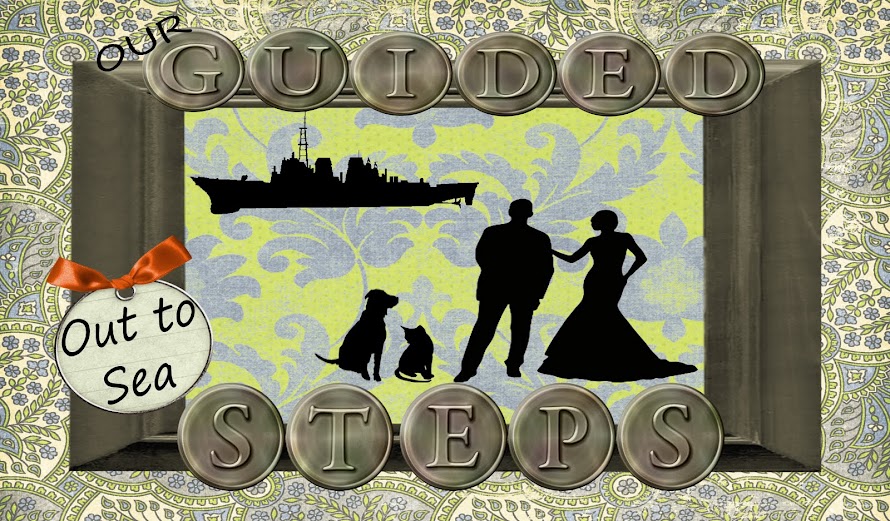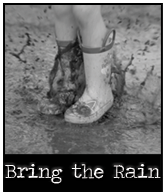Greetings,
Here is another post stuck back in the middle of Easter week, but this one is Greek Easter... an extremely important holiday for all of Greece.
Easter week is a busy time; everyday of the week has a significant purpose and includes specific duties. Village processions, with crowds singing hymns and scattering flowers can be heard and seen in every town. Women baking the traditional foods for the Easter weekend... remember they have been fasting since Kite Monday.
On Thursday Greeks color eggs red (scarlet) to signify the blood of Christ. They use hard-boiled eggs which are baked into twisted sweet-bread loaves or distributed on Easter Sunday; people rap their eggs against their friends' eggs and the owner of the last uncracked egg is considered lucky. Harry had the winning egg until I saw the kids grab their egg out of the freezer. I guess a hard boiled FROZEN egg beats any other.

Good Friday is a day of mourning. The drama of the death of Christ is followed with great devoutness. Sweet things are not eaten-for the love of Christ, who was given vinegar to drink. It is considered a great sin to work with a hammer or nails or sew on Good Friday. The villages have a bier procession on Good Friday.
The Midnight service, Resurrection Mass, is without a doubt the most important day on the calendar. At midnight all the lights are extinguished in the church and the priest comes from behind the doors on the altar carrying a candle. He walks to someone in the front row and lights their candle and these people who receive the light of the resurrection, pass the light from candle to candle and the light fills the church. Everybody leaves the church just before midnight.
In Crete it's a custom to carry this candle back home, taking care the flame is not extinguished. At the house 3 crosses are made with the flame above the entrance door: the black soot 'paints' the crosses, in order to bless the house and its inhabitants by the light of Christ's resurrection.

At midnight at the moment of the resurrection all the families have gone to church together, all standing sort of huddled in these little insular units and everybody kisses everybody and say, 'Christos anesti, Christos anesti, Christ has risen, indeed He has risen. It has a certain meaning to kiss your grandparents at that point, who you know you'll be burying soon. And to be kissing the children who are coming up, who will be replacing you in the next generation. People have been saying these prayers unchanged for hundreds and hundreds and hundreds of years.

It was a little disturbing to watch. Call me crazy, but I wanted to see the burning of Judas. I mean, this is something I had never heard of before. I had heard.... from last year, how Judas was on a rip cord and sailed through the air with firecrackers shooting off his body and then landed on the bonfire and burst into flames. I thought it would be cool to watch.
On Easter Sunday, after the Easter Service at 12 midday, traditional entertainment with the participation of everyone is organized. Fasting has ended and huge dishes of lamb are enjoyed.
The Greeks have many traditions on this day, however the most important is gathering the family together and roasting a lamb, rotisserie-style, in their front yards. The whole country does this. last year we were invited by our landlord to participate, however this year he is in mourning over the death of his mother.
Harry and I appreciated being part of this Greek Easter experience. All in all it was an amazing festive occasion. Although, I am having a hard time removing the acrid smell of scarecrow Judas out of my black suit.
Blessings to those exercising grace and forgiveness,
Kristie




















No comments:
Post a Comment